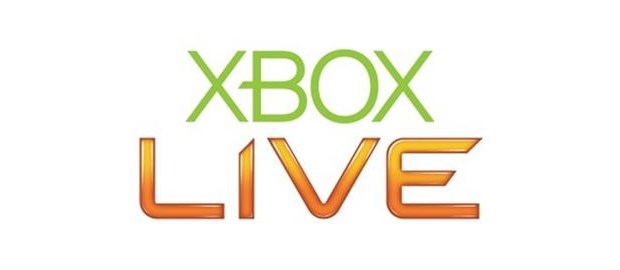Microsoft has boosted Xbox Live security
Microsoft’s Xbox Live security team has spent the last several months introducing new safeguards to the service in response to a bevy of user feedback, Xbox Live General Manager Alex Garden said in a blog post today. Garden released a statement about buffing up account security earlier in the year and reported that the Xbox community responded by sending him “hundreds of emails and the responses ranged from frustration to support, as well as suggestions for making Xbox Live the best service it can be.”
The team in charge of protecting users is said to now be better positioned to do so thanks to increased notifications being sent to accounts with suspect activity. Holders of such accounts are encouraged to take self-protecting measures such as changing passwords, tapping Microsoft’s customer support and proving that they are indeed the owner of the account in question.
Garden went on to stress the importance of Xbox Live owners reviewing their security information and making any necessary updates to it. Gamers who have not switched their password recently were urged to do so for their own safety. Live’s GM reports that “password” and “12345” are, amazingly, the most commonly compromised Xbox Live passwords. Following is a verbatim list of specific steps the publisher has taken or will be taking to further protect XBL users.
We’ve taken legal action to pull down online posts of gamertags, usernames and passwords gathered from malware or phishing schemes to help protect our members.
Our Xbox Live Spring update included many behind the scenes improvements that help us build on security enhancements for the near future.
We’re sending unique codes to the security phone numbers and secondary email addresses provided by members to verify authorization for Xbox.com purchases or account change attempts not stemming from a member’s trusted device.
We’re working to reduce market incentives for criminal activity. Engaging in identity theft, trading in stolen accounts and committing credit card fraud are illegal and violate our Terms of Use.
Those involved in these activities risk criminal prosecution, account and console bans. That goes for both sellers and buyers of known stolen accounts and content.
Source: Microsoft


